
Table of Contents
Overview
This is the first in a series of posts looking at Simple Machines (Lever, Wedge, Inclined Plane, Pulley, Wheel and Axle, Screw). Becoming more aware of the Levers and other Simple Machines in your early learning setting will make you more confident supporting STEM (Science, Technology, Engineering, and Math) play and answering children’s questions about how many everyday items work.
A simple machine is a tool that alters force or motion to make work easier.
What’s A Lever?
A lever comprises a plank, bar, or ridged beam that rotates freely on a pivot. Levers simplify lifting or moving things–hefty things. Levers include wheelbarrows, staplers, shovels, rakes, paintbrushes, hammers, and baseball bats.
Here’s some lever terminology:
- The Bar or Beam is the long part that rests on the Fulcrum.
- The Fulcrum is the support point on which a lever pivots.
- The force applied to a lever is referred to as Effort or Input.
- The result of Effort or Input is referred to as Load or Output.
This labeled photo of one of our Mini Launchers should clarify things.

When a child presses down (Effort) on the raised end of the Beam, it pivots on the Fulcrum and the Load is lifted. With a large enough burst of effort, the load is not only lifted, it soars across the room.
Types Of Levers
The Mini Launcher is a Class One Lever. This is the most common lever configuration. The Fulcrum is located between the Effort and Load in a Class One Lever.
There are two other configurations. The Load is between the Fulcrum and Effort in a Class Two Lever. A wheelbarrow is a Class Two Lever.

In a Class Three Lever, the Effort is located between the Load and the Fulcrum. A shovel is a Class Three Lever.

Compound Machines
It’s important to note that many tools are composed of multiple simple machines. These are called Compound Machines ( Simple Machine + Simple Machine = Compound Machine). For example:
- A shovel consists of a lever (the handle) and a wedge (the blade).
- A pair of scissors consists of two Class One Levers and a couple of wedges (the blades).
- A wheelbarrow is made up of levers, incline planes, screws, and a wheel and axle.
Examples Of Levers
Children encounter levers every day. Here are some examples of the levers they may interact with:

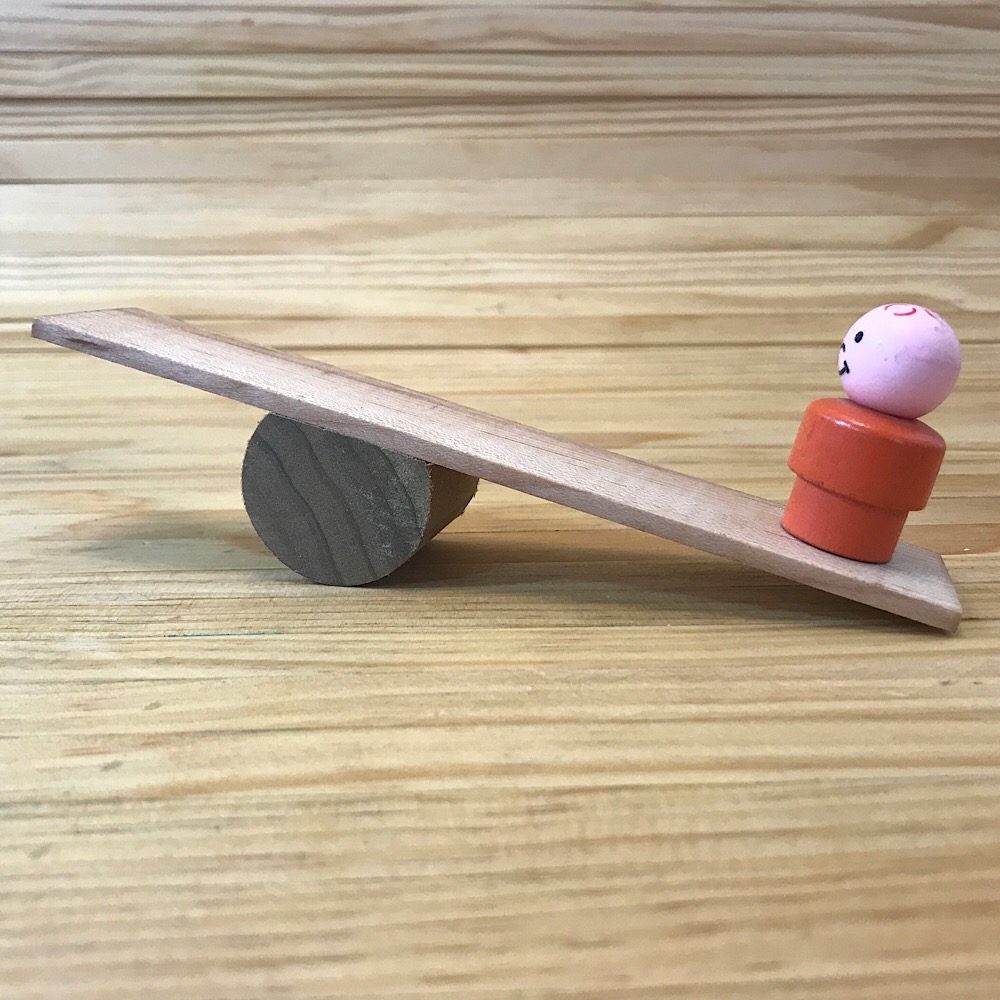


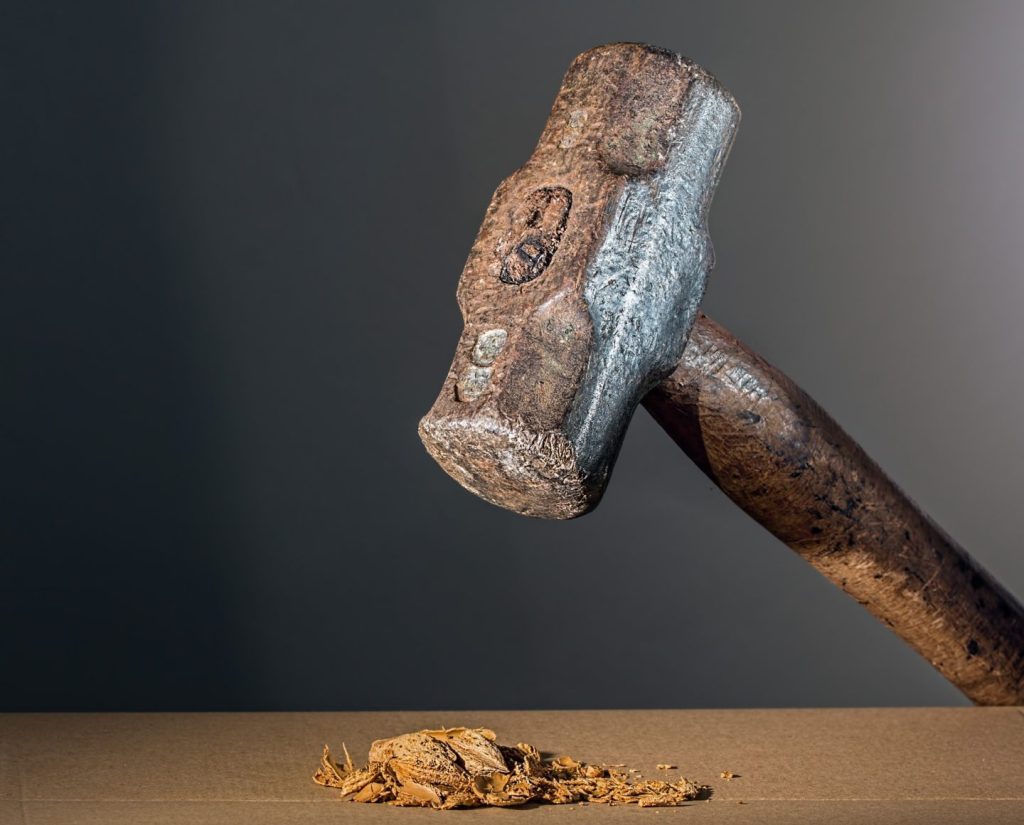
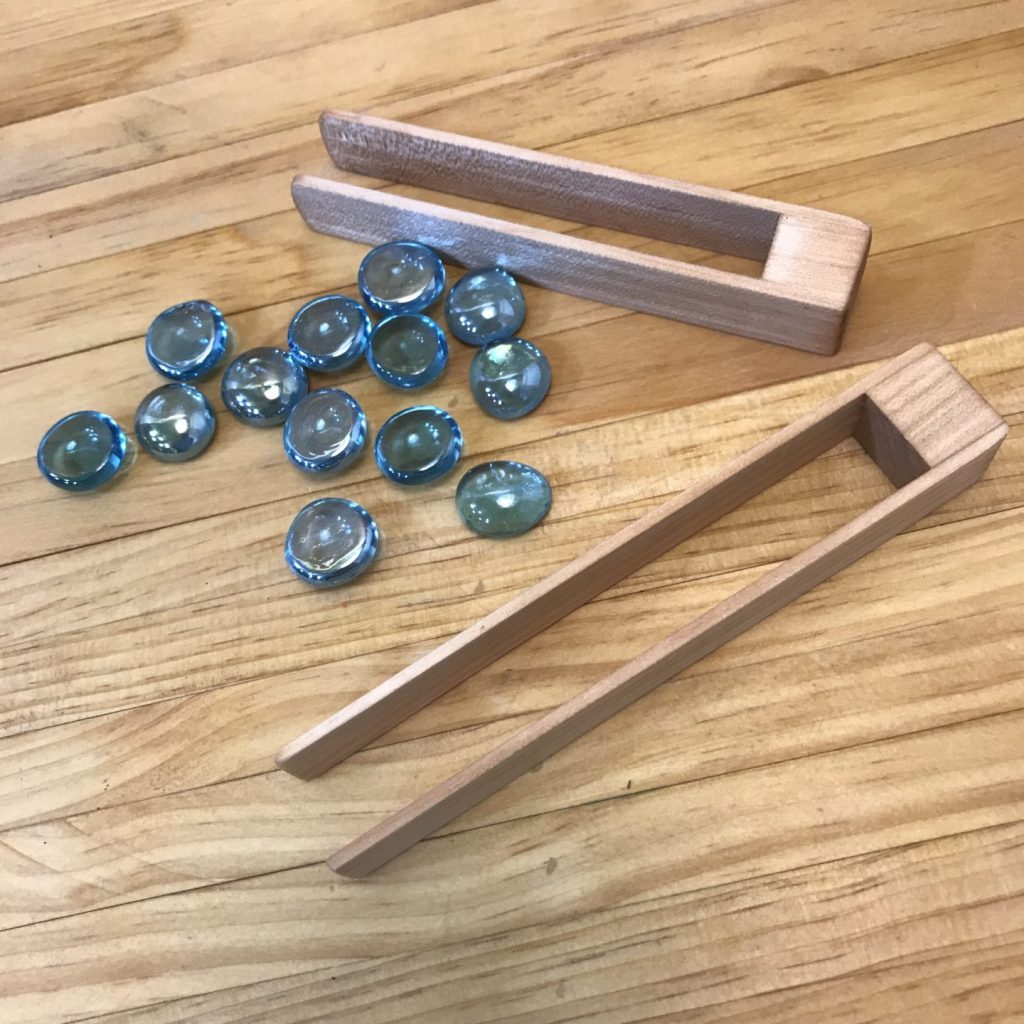




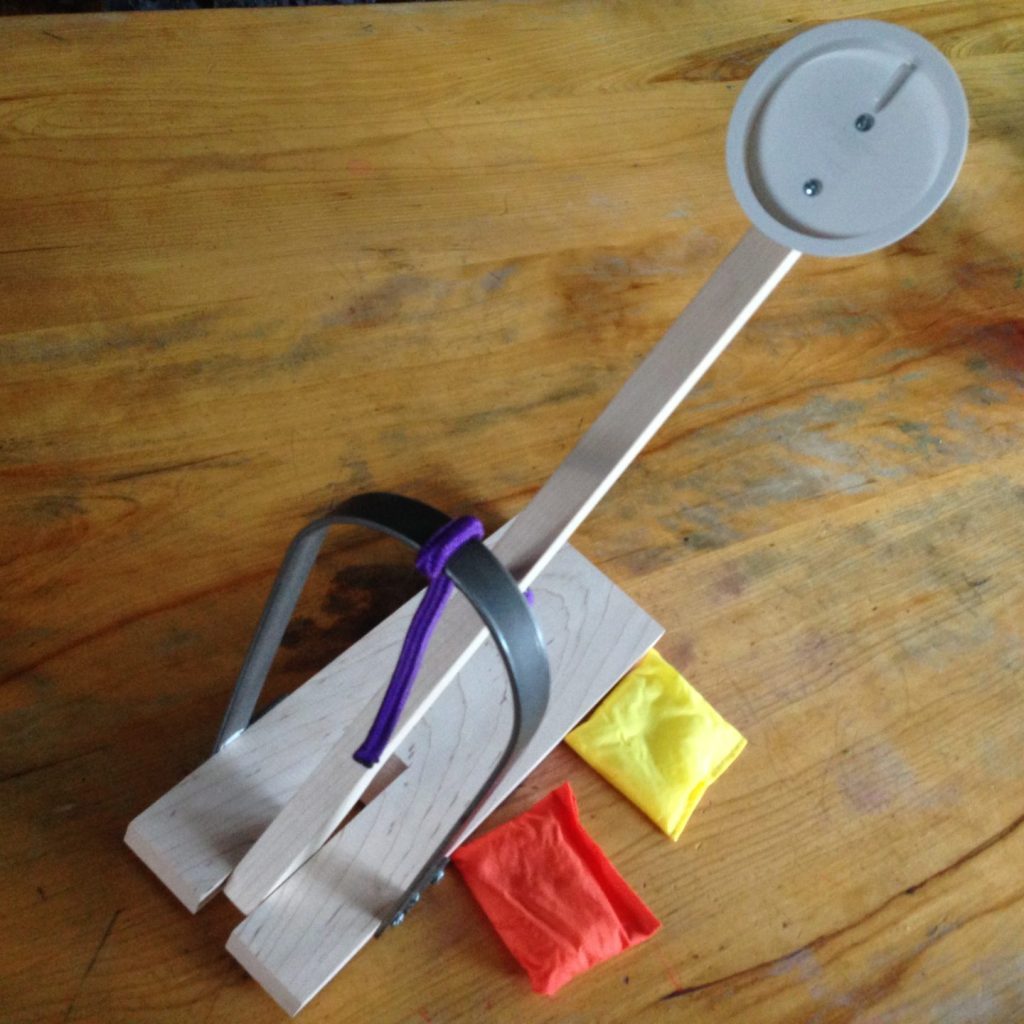
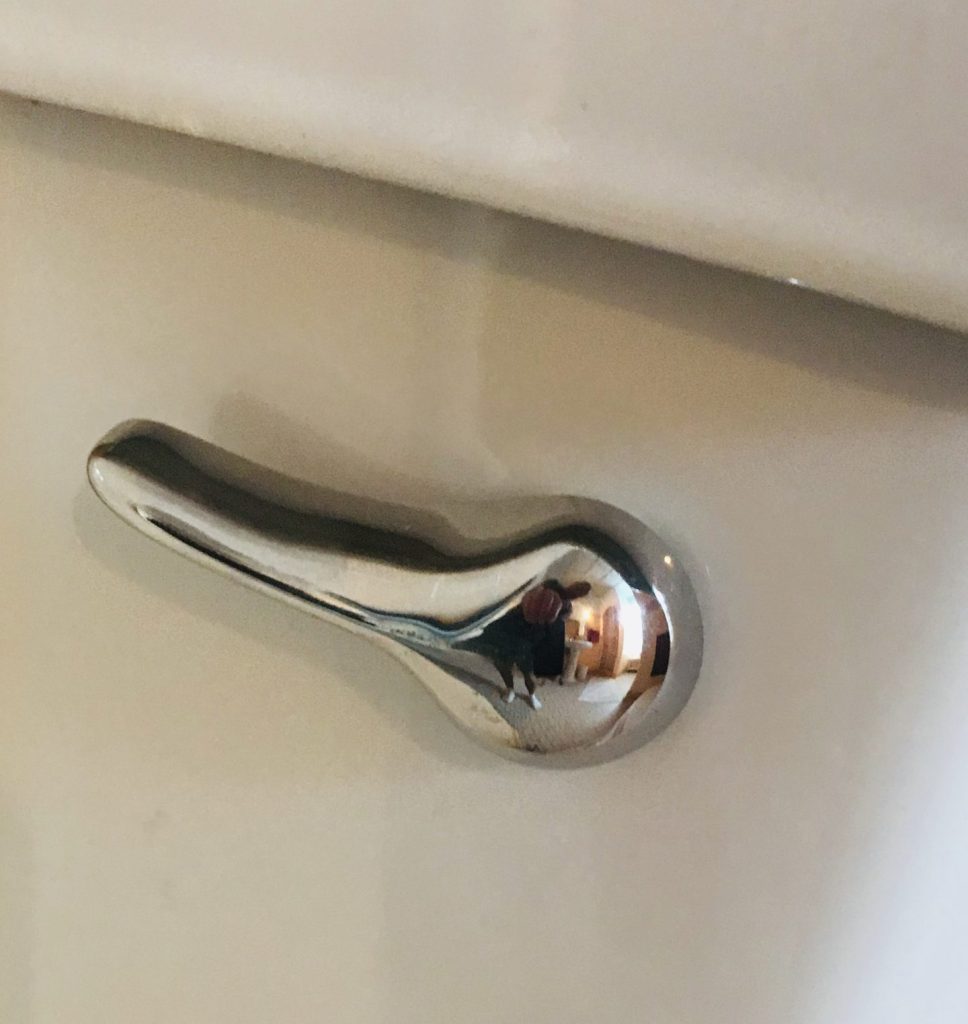




Lever Learning
Levers are ripe with opportunities to play with concepts like mass, motion, and force, explore cause and effect relationships, improve physical strength and coordination, hone social skills, and more. Plus, levers are fun:
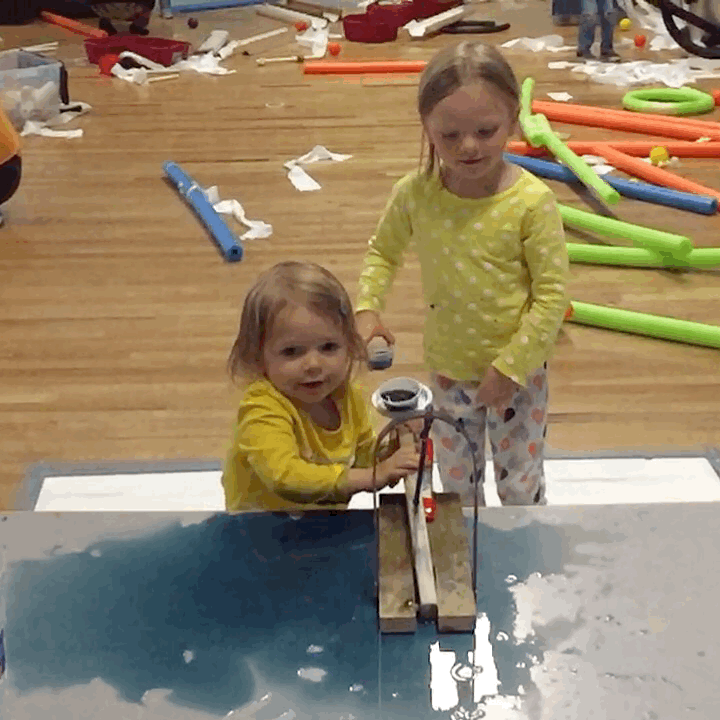
Conclusion
As you can see, levers are everywhere and children interact with them daily. That said, you could probably make changes to your play environment that would increase children’s opportunities to engage and learn with this simple machine. I’d love to hear your thoughts and see photos of levers in action in your early learning setting in the comments.
Post Author
Jeff Johnson is an early learning trainer, podcaster, and author who founded Explorations Early Learning, Playvolution HQ, and Play Haven.


Leave a Reply